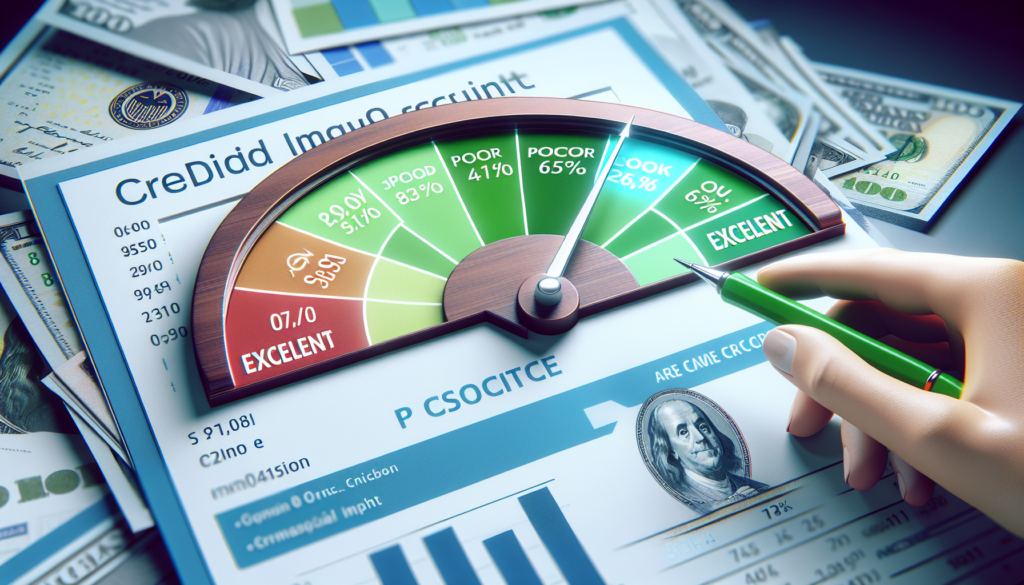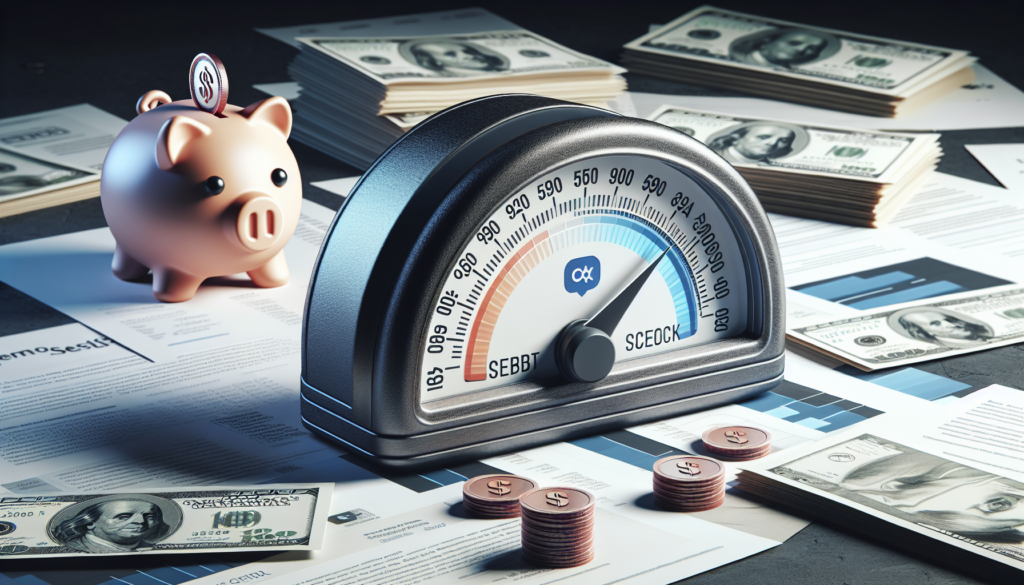
Filing for bankruptcy does have a significant impact on your credit score, but the extent and duration of that impact can vary based on your individual credit history and the type of bankruptcy you file. Understanding how bankruptcy affects your credit score is crucial for planning your financial recovery. Here’s what you need to know:
Immediate Impact on Credit Score
- Drop in Credit Score: Upon filing for bankruptcy, you can expect your credit score to drop significantly. The exact number of points depends on your credit score before bankruptcy. Those with higher credit scores may see a more substantial drop, while those with already lower scores may see a less dramatic decrease.
- Chapter 7 vs. Chapter 13: The type of bankruptcy filed can also affect how your credit score is impacted. Chapter 7 bankruptcy, which involves the liquidation of assets to pay off debts, can have a more pronounced negative effect on your credit score compared to Chapter 13 bankruptcy, which reorganizes debt into a repayment plan.
Duration of the Impact
- Chapter 7 Bankruptcy: Remains on your credit report for 10 years from the filing date. The long-term presence of Chapter 7 bankruptcy on your credit report can continue to affect your credit score, although its impact lessens over time.
- Chapter 13 Bankruptcy: Stays on your credit report for 7 years. Since Chapter 13 involves repaying a portion of your debts, it’s often viewed slightly more favorably by creditors than Chapter 7.
Rebuilding Your Credit After Bankruptcy
- Gradual Improvement: Your credit score can start to improve even before the bankruptcy falls off your credit report. Engaging in good credit habits, like paying any remaining or new debts on time, can help rebuild your credit score over time.
- Credit Building Tools: After bankruptcy, you may consider using secured credit cards or credit-builder loans as tools to start rebuilding your credit. These financial products are designed to help individuals with poor or recovering credit.
- Monitoring Your Credit: Regularly check your credit report for inaccuracies that could be negatively affecting your score. You’re entitled to a free credit report from each of the three major credit reporting agencies once a year through AnnualCreditReport.com.
Real-Life Example
Consider the case of Alex, who filed for Chapter 7 bankruptcy after accumulating unmanageable debt from medical bills and credit cards. Before filing, Alex’s credit score was 680. After filing, it dropped to 530. By using a secured credit card responsibly and making all payments on time post-bankruptcy, Alex began to see improvements in his credit score within a year. Two years after the bankruptcy, Alex’s credit score had risen to 620, demonstrating that recovery is possible with disciplined financial behavior.
While bankruptcy does negatively affect your credit score and remains on your credit report for a significant period, it also offers a fresh start for those overwhelmed by debt. By understanding the impact of bankruptcy and taking proactive steps to rebuild credit, individuals can gradually improve their financial standing and work towards a healthier credit score.


Get a Free Bankruptcy Case Evaluation